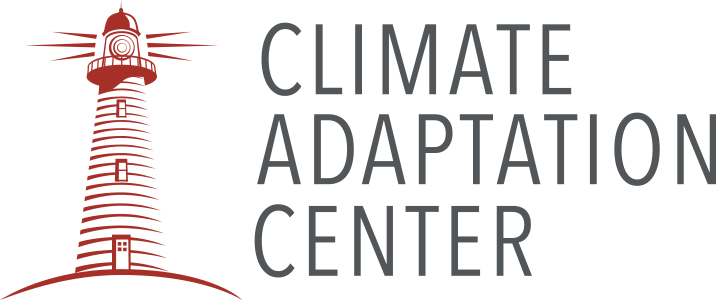Florida’s unique biodiversity faces unprecedented threats from climate change, leading to the decline and extinction of native species. The recent loss of the Key Largo tree cactus, the first recorded local extinction in the U.S. attributed to sea-level rise, underscores the urgency of addressing these challenges.
Key Largo Tree Cactus: A Case Study in Climate-Induced Extinction
The Key Largo tree cactus (Pilosocereus millspaughii), once thriving in the Florida Keys, has been rendered extinct in the wild due to rising sea levels and saltwater inundation. Despite efforts to preserve the species, including relocating the remaining specimens to a greenhouse, its natural habitat has been submerged, leaving little hope for its recovery (ABC News).
Broader Implications for Florida’s Biodiversity
This extinction is not an isolated incident. Studies indicate that over 25% of native plant species in South Florida are critically threatened with regional extinction or have already been lost due to habitat loss, invasive species, and climate change. Additionally, the Everglades, home to numerous endangered species, faces significant threats from climate change, including altered hydrology and increased temperatures (Florida Climate Institute)
The Need for Climate Adaptation Strategies
To mitigate these impacts, experts advocate for comprehensive climate adaptation strategies that include habitat restoration, invasive species management, and conservation of genetic diversity. For instance, efforts to restore mangrove ecosystems along Florida’s Suncoast aim to enhance resilience against storm surges and provide critical habitats for wildlife (Florida Wildflower Foundation).
Join Us at the 5th Annual Florida Climate & Biodiversity Forecast Conference
Addressing the challenges posed by climate change to Florida’s biodiversity requires collaborative efforts and informed decision-making. The 5th Annual Florida Climate & Biodiversity Forecast Conference, scheduled for November 13, 2025, will bring together scientists, policymakers, and community leaders to discuss strategies for climate adaptation and biodiversity conservation. By participating in this conference, you can contribute to shaping the future of Florida’s ecosystems and ensure that its natural heritage is preserved for generations to come.
For more information and to register, visit the Climate Adaptation Center’s website.

